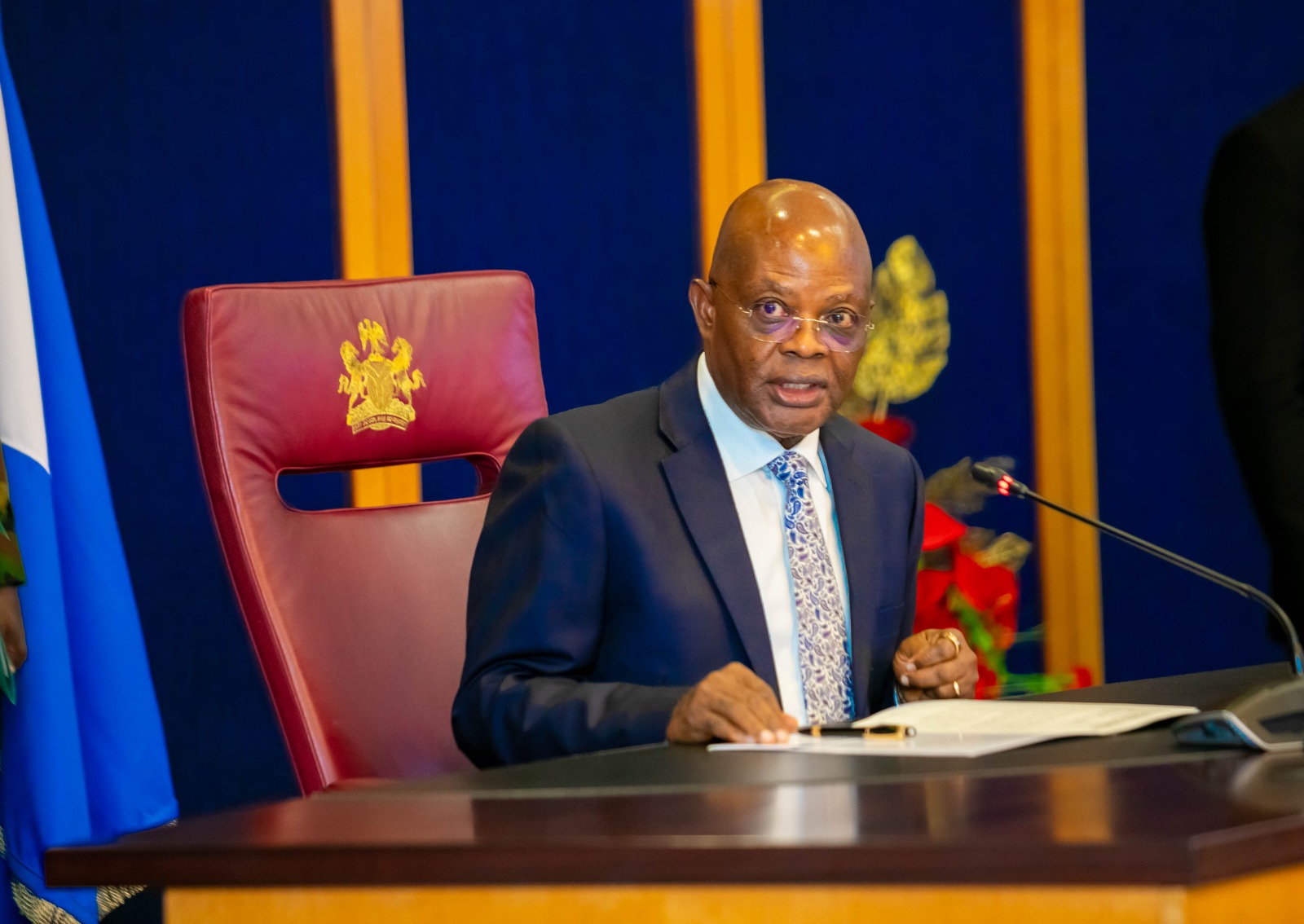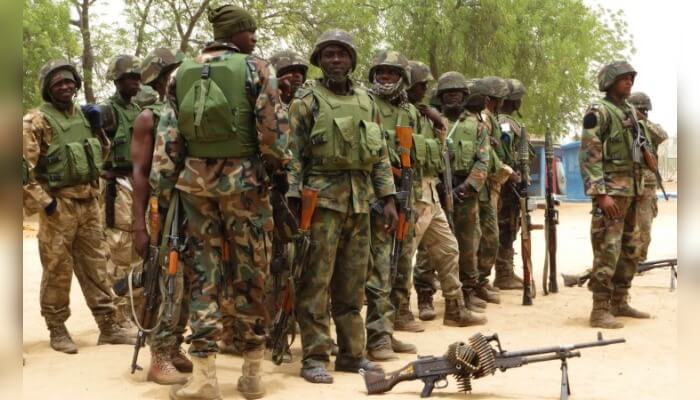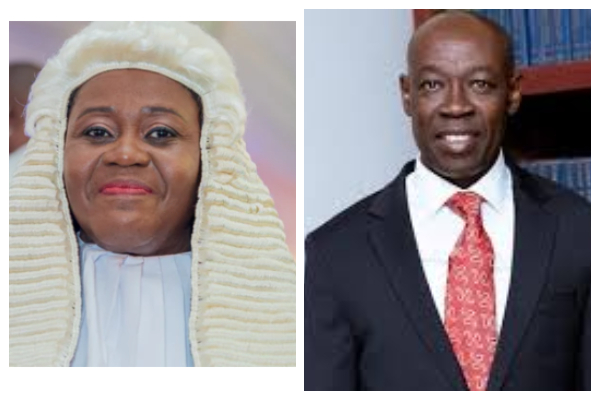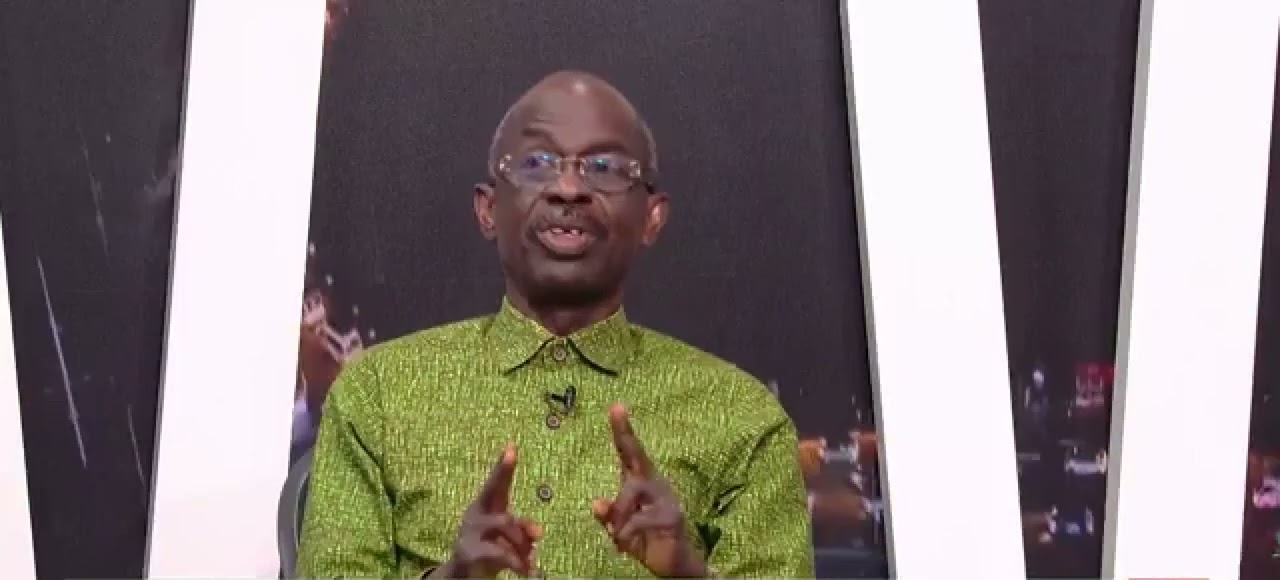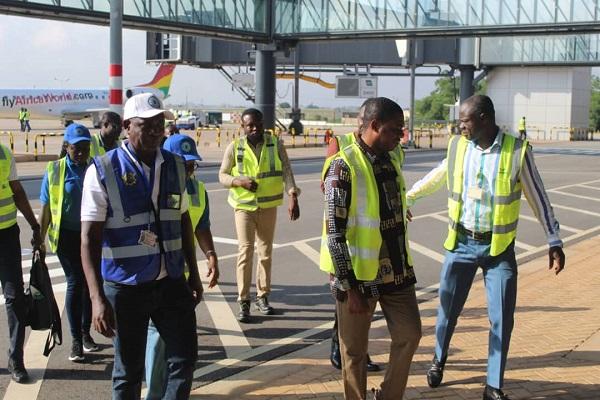EU Statement -- UN General Assembly: Closing Statement, Fifth Committee Second Resumed Session | EEAS
25 June 2025, New York -- Statement on behalf of the Member States of the European Union
Elisa Hein, Counsellor, Delegation of the European Union to the United Nations: Closing Statement, Fifth Committee Second Resumed Session
Madam Chair,
I have the honor to speak on behalf of the Member States of the European Union.
The Candidate Countries North Macedonia*, Montenegro, Albania, Ukraine, the Republic of Moldova and Bosnia and Herzegovina and Georgia, as well as Monaco align themselves with this statement.
At the outset, allow me to thank you, Madam Chair, as well as the members of the Bureau and all the coordinators, for your leadership and guidance throughout this session. We also wish to express our sincere appreciation to the Fifth Committee team and to all members of the Secretariat—both at Headquarters and in the field—for their unwavering dedication and hard work, particularly in the face of ongoing constraints.
This Second Resumed Session has remained rightly focused on peacekeeping operations. We welcome the adoption of the peacekeeping budgets for the 2025/26 financial period, which provides the resources necessary to implement the mandates entrusted to the missions. However, this outcome can only be meaningful if all Member States pay their assessed contributions in full, on time, and without conditions. Non-payment and late payment undermine decisions reached in consensus, the integrity of our shared commitments, and—more importantly—jeopardise the safety and effectiveness of personnel on the ground.
We also take note with satisfaction of the adoption of the report of the Board of Auditors’. The Organization will benefit from its comprehensive analyses and recommendations on peacekeeping accounts, which offered valuable insights on liquidity management, budget processes, and procurement.
We also reached agreement on funding and maintaining the full scope of the Strategic Heritage Plan in Geneva — a welcome reminder that when we approach complex issues based on technical analysis and with a genuine spirit of compromise, difficult but meaningful outcomes remain within reach.
Yet we must acknowledge that, too often, a non-constructive approach to negotiations by some delegations hampered our ability to reach meaningful compromises, resulting in skeletal resolutions on several agenda items.
For the fifth consecutive year, the Committee was unable to provide any guidance—beyond the recommendations of the ACABQ—on the Support Account, the Global Service Centre, and the Regional Service Centre. These peacekeeping support functions are essential to improving the effectiveness of missions and enhancing the operational capabilities of the United Nations. They deserve thorough and substantive consideration, not gridlock and perfunctory approval. Given that the Committee received a dedicated report on the Support Account and related funding issues, its inability to offer any guidance or to develop a consensual analysis is deeply concerning.
Regrettably, we had to take no action or defer consideration on several items.
The lack of agreement on cross-cutting policy guidance for peacekeeping operations meant that evolving needs in the field remained insufficiently addressed, at a time when coherence and adaptability are more necessary than ever.
Most disappointing was our handling of the Financial Situation agenda item together with the liquidity aspects of closed PKOs. Here we had both an opportunity and an institutional responsibility to address the Organization's pressing liquidity constraints. The proposals on the table would have contributed meaningfully to the long-term financial health of the Organization. Having failed to achieve consensus in the course of this session, the Fifth Committee missed an opportunity to tackle one of the most fundamental challenges we face. As throughout this session, the Member States of the European Union — who pay their contributions in full and on time — will continue to demonstrate the utmost determination to promote structural and sustainable solutions, enabling the Organization to better manage and navigate the liquidity crises it faces. On this issue, it is our collective responsibility to move forward — not backward.
Madam Chair,
This outcome should prompt us to reflect on our working methods.
One of the most important features of the Fifth Committee is its tradition of reaching decisions by consensus. Our strength lies in the ability to engage in dialogue—debating, analyzing, and seeking solutions that address the needs of all. But this can only continue if we collectively and constructively strive to reach agreement. The European Union and its Member States firmly believe that consensus must remain the guiding principle of our work. Achieving it requires each of us to engage in good faith, with collegiality and constructive cooperation, to build common ground.
We also need to find ways to begin our substantive engagement earlier in the session. Consensus requires sufficient time and space for meaningful dialogue. While this session´s negotiations commenced with most documentation available, much of the allocated time was taken up by procedural matters and formal introductions. As a result, genuine negotiations largely took place after the official closure of the session, which is not a sustainable practice.
Unrealistic deadlines not only constrain the quality of our deliberations, but also create uncertainty that hinders trust-building and undermines the spirit of the Committee. Enhancing the efficiency of our working methods and making better use of the time we spend in the room is essential. Our working methods must also actively uphold the effective implementation of multilingualism, which is a core and fundamental value of our Organisation.
Consensus depends not only on trust, but also on our shared commitment to constructive engagement, efficient working practices, and a focus on practical outcomes. This is the foundation of effective multilateralism.
Madam Chair, distinguished colleagues,
Since this also marks the conclusion of the Fifth Committee’s annual session, we would like to take this opportunity to salute you, Madam Chair, and your Bureau. We warmly congratulate and commend you for your tireless efforts in guiding our work throughout the 79th Session. Your continued commitment, professionalism, and good spirit have been instrumental in facilitating our discussions and navigating challenging negotiations.
Before closing, allow me to offer a special word of appreciation to the colleagues who will be leaving the Committee. Dear colleagues and friends, your contributions have left a lasting mark, and your presence will be deeply missed. We wish you all the very best in your next endeavours.
I thank you Madam Chair.

